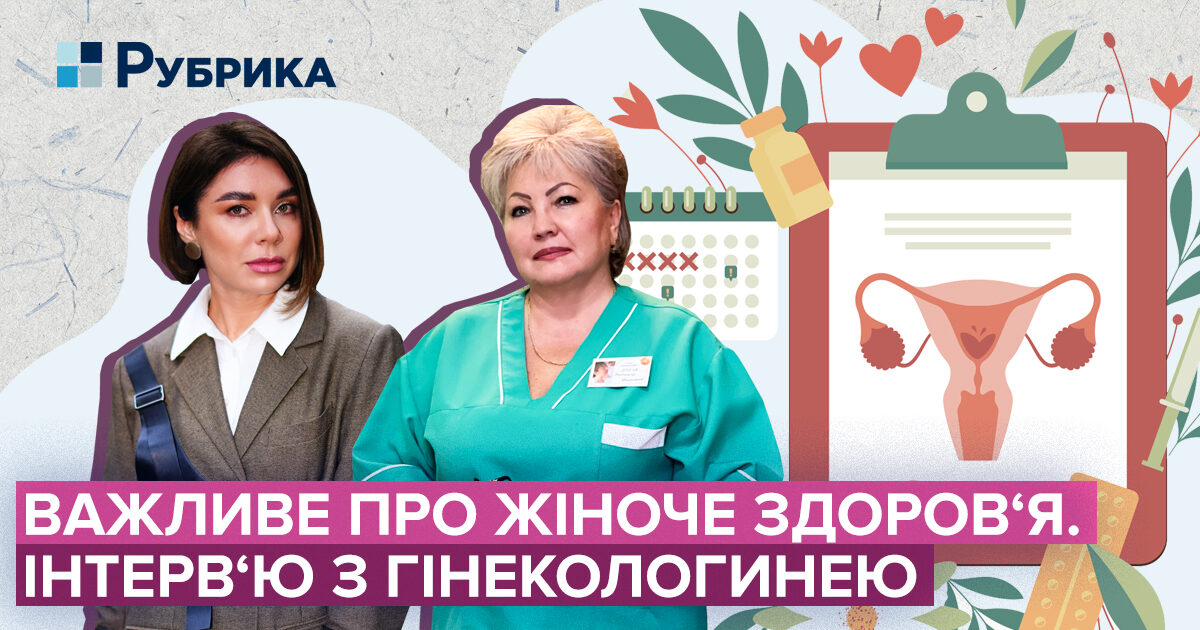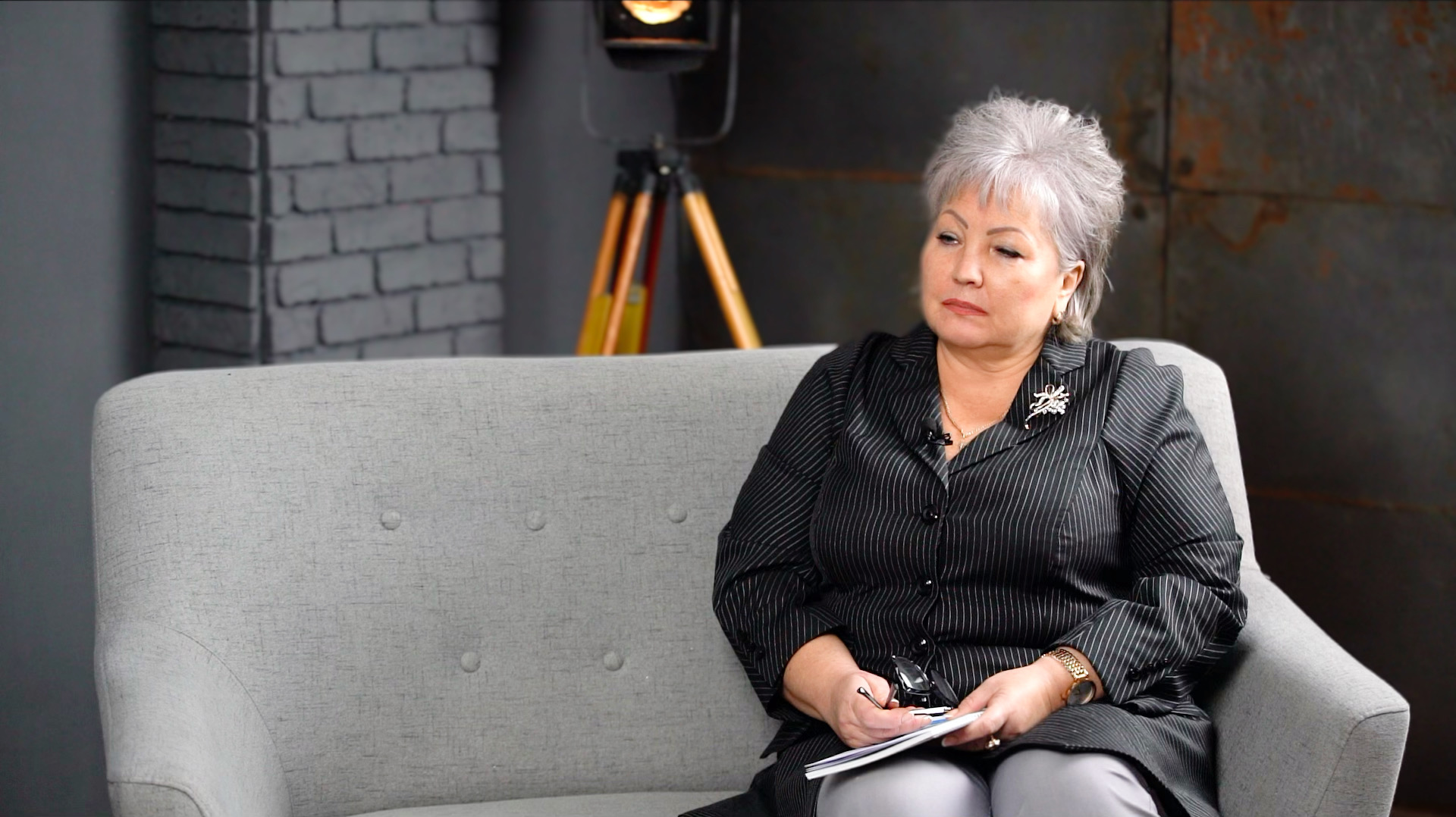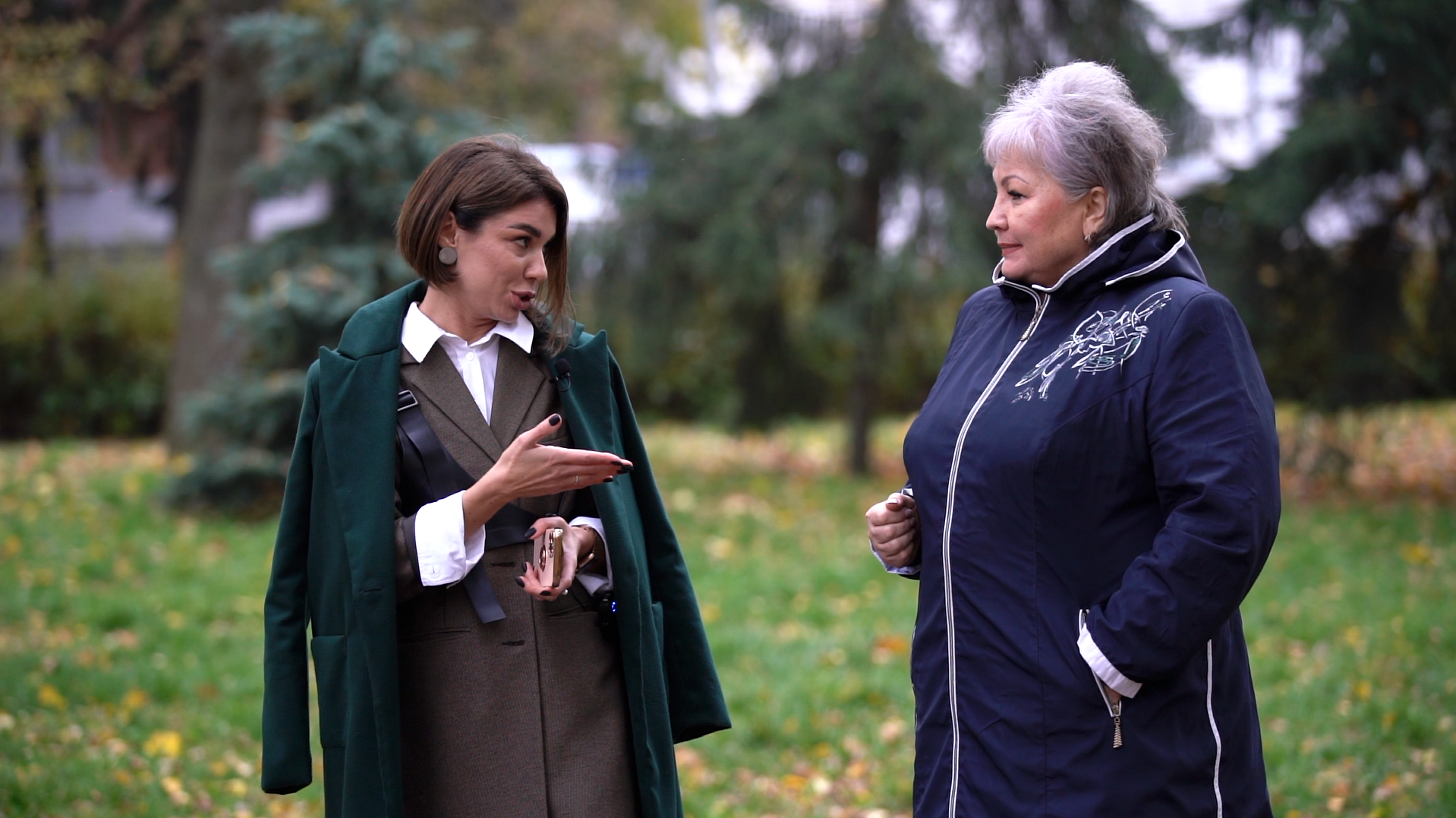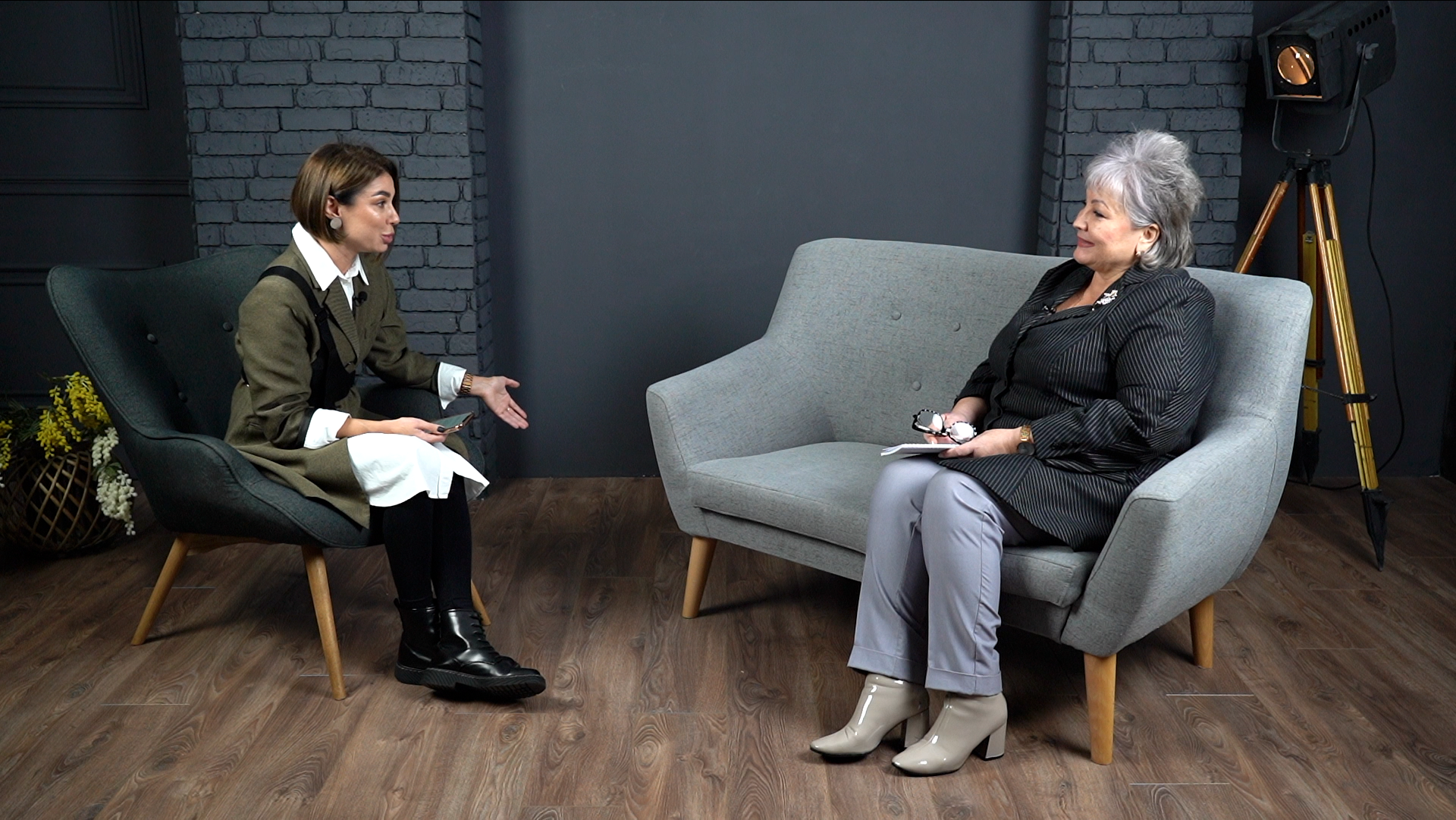
War cannot help but affect women's health. In the last issue of our special project, we talked about mental health. But the physical state depends on how happy we feel, whether we are safe, and what stress a person has to experience. And we have enough stress.
Thousands of Ukrainian women were left without access to medical examinations and consultations. And what's more, some women had to give birth under shelling and occupation.
Acute stress is about survival, not about continuing life. A woman's body always reacts to stress—hormonal imbalance, worsening of chronic diseases, and menstrual cycle disorders.
For this issue, we talked to obstetrician and gynecologist Liudmila Dyka. She deals with women's reproductive health and family planning. In the video and this article, we tried to give answers to the most frequent questions about women's health during the war.
What is the problem? Stress and prolactin: how woman's body reacts to war
Liudmila Dyka is convinced that the events occurring today in Ukraine have affected women the most. From a medical point of view, when a person is under tension and stress for a long time, the body produces prolactin, a hormone of the anterior pituitary gland.
"Prolactin is a stress hormone. When there is too much of it in the body, it provokes negative changes—disturbances in the endocrine, nervous, and reproductive systems, as well as the gastrointestinal tract," says Liudmyla Dyka.
This hormone is directly related to breastfeeding. It stimulates the growth and development of the mammary gland and milk production during lactation. During pregnancy, prolactin stimulates progesterone production by the ovary's corpus luteum. But when a woman is not pregnant and not breastfeeding, an excess of prolactin (hyperprolactinemia) provokes menstrual cycle disorders and even infertility. An increased level of prolactin suppresses ovulation.
"We now have 35–40% of menstrual cycle disorders. It means pain, tension, insomnia, and mood swings in women. Violations of cycle length also occur. Normally, the cycle lasts from 21 to 33–34 days; today, they are shorter and more than 35–36 days. In addition, the frequency of premenstrual syndrome (PMS) has increased. These include mammary gland engorgement, mood swings, pressure, disturbances in the work of the gastrointestinal tract, and work of the central nervous system."

According to Liudmila, if a woman has such symptoms, one can already say that the body is not coping. It cannot compensate for the influence of external factors. Therefore, such women need help.
"Everything depends on where a woman is: in a war zone or safe place where women's counseling services work. If you don't have an opportunity to consult a doctor, it is worth helping yourself at least a little. It is great if you managed to get at least herbs, the same teas made from valerian and lemon balm. And at the first opportunity, consult a doctor."
Violation of the menstrual cycle indicates problems not only with the reproductive organs—the entire body malfunctions. Therefore, assistance should be comprehensive.
"A woman should not feel the beginning of the menstrual cycle. If a woman begins to complain of one or another: headache, mood swings, swelling of the mammary glands, sweating, diarrhea, or constipation, this is a signal to consult a doctor. There should not be very pronounced premenstrual problems. This is already a diagnosis."
What is the solution? Planned examinations and self-care
Doctors raised the issue of preventive examinations of women even before the war. But now it is vital. The stress in which most of us live can provoke and accelerate the course of diseases that must be detected in the early stages to be able to cure them in time.
If a woman is under 25 years old, it is enough to undergo an examination by a gynecologist once a year, provided that the patient has no violations or complaints. After 25 and up to 45 years, the procedure is somewhat different: we undergo an examination once a year, but we also pay attention to what happens to the body during this period.

You should see a doctor in the middle of the cycle when there is no menstruation. The gynecologist conducts a visual examination and assesses the condition of the cervix. A pap smear (PAP test) and flora tests (infectious diseases) are given during the examination.
Examining the mammary glands once a year before the 10th day of the menstrual cycle is also necessary. And after the age of 42, a mammogram should be performed once every two years. It would be best if you also examined your mammary glands yourself once a month.
"Most women began to turn for help with complaints of the menstrual cycle disorder, inflammatory diseases, and an increase in tumors of the uterus and ovaries. Indeed, prolactin, a stress hormone, blocks ovarian function. And the ovaries are responsible for immunity, and when the immunity is disturbed, when the function of the ovaries is disturbed, the number of inflammatory diseases and tumors increases. Therefore, this is a very responsible period for women and doctors in our country," says Liudmila.

As for how to take care of yourself in extreme conditions, the advice is simple, but in simplicity, there is a solution.
First, make sure you stock up on menstrual pads, daily pads, sanitary napkins, and toilet paper. If you go to the shelter, put hygiene products in all possible pockets. It is better to abandon tampons and menstrual cups in such cases because you may not be able to replace them, which can lead to toxic shock syndrome.
Secondly, provide yourself with painkillers.
Third, change your underwear every day. If this is not possible, change daily pads more often.
If you've started your period in a shelter and can't find hygiene products, someone must have bandages and cotton wool in the first-aid kit. In such a situation, even a piece of fabric can be suitable.
To give life when the country is at war.
How to plan a pregnancy under stress
Liudmila Dyka is convinced that a woman who approaches the issue of pregnancy planning carefully and follows doctors' advice has every chance of carrying and giving birth to a healthy child, even in wartime conditions. Of course, we cannot exclude deviations and pathologies amid stress. But now, as in peacetime, many women turn to doctors with a request to plan and preserve the pregnancy.
"War is a great sorrow for all of us. Every person suffers because of it, and a woman who carries a pregnancy suffers twice or even three times more. Therefore, we cannot say that everything will be perfect. But we must do everything to ensure that the healthiest children are born in our country during this difficult period for all of us," says the doctor.
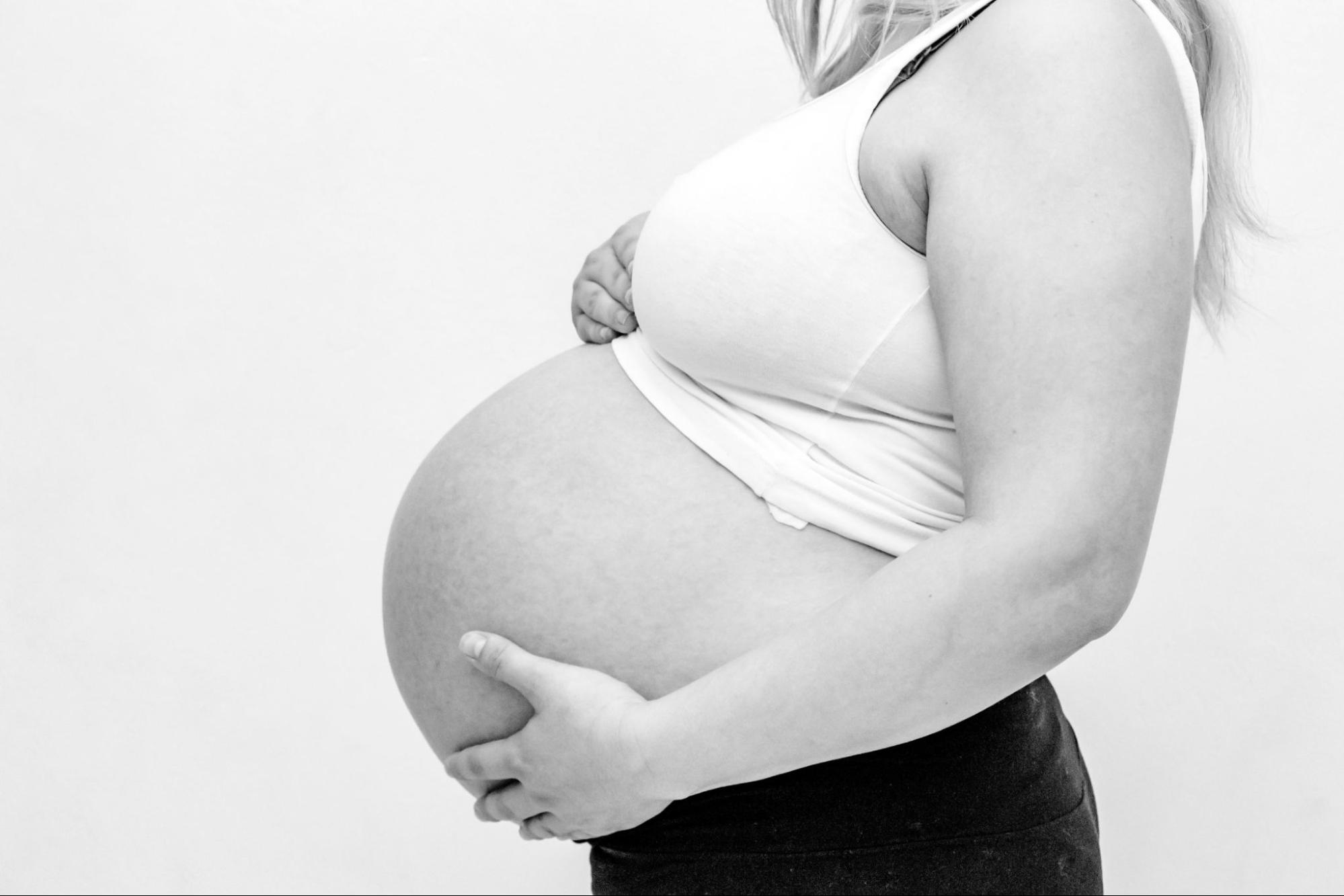
A woman's body can work differently under conditions of stress and overload. In some, the reproductive function is preserved, and in some, amenorrhea is manifested. This is a type of menstrual cycle disorder when a woman stops having periods. It can last for half a year or a year. The cycle resumes when the woman returns to normal life, and the fear factor disappears.
If a woman is in stable condition and the cycle has not resumed after two or three months, she should consult a gynecologist.
Liudmila recalls a story that once inspired her a lot and gave her faith that everything would be fine in our country, even despite the war.
"Just a couple of days after the start of the (full-scale, ed.) war, a woman from Kharkiv came to see me. She was leaving under fire. She had a complaint of delayed menstruation. We examined her, and she turned out to be pregnant. It was a long-awaited pregnancy. The patient was treated in Kharkiv, but the pregnancy coincided with the beginning of a full-scale invasion. Now she is on maternity leave, carrying a full-term pregnancy. And so, when I saw her desire to bear this child, the absence of any fear, then I believed that we could not be defeated. Our women are ready to bear and give birth even on the second day of the war. The victory will be ours."
Stress during pregnancy is not uncommon. But being in this state all the time is dangerous for the health of the woman and the child.
To reduce the impact of negative factors during pregnancy, you should follow simple recommendations, which, by the way, partially coincide with the psychologist's advice from our previous article:
- A whole night of sleep (at least 7–8 hours) and healthy nutrition.
- Light physical activity.
- A favorite type of creativity or needlework to distract yourself and switch gears.
- Surround yourself with positive people and loved ones who will support you.
- Take perinatal courses to calm down and dispel doubts and myths.
The experience we are going through now is not in vain. It will make each of us much stronger and wiser, enabling us to reevaluate many things in life. The only question is the price and time to live through this experience and heal the wounds. Some people do it faster, and some people do it more slowly.
And we are creating a series about women's health during the war precisely for you to find support for your future life in at least one word, phrase, or advice.
The project is carried out with the support of the Independent Regional Publishers of Ukraine Association as part of implementing the grant project The Women in News from WAN-IFRA. The authors' views do not necessarily coincide with the official position of the partners.
Newsletter
Digest of the most interesting news: just about the main thing




